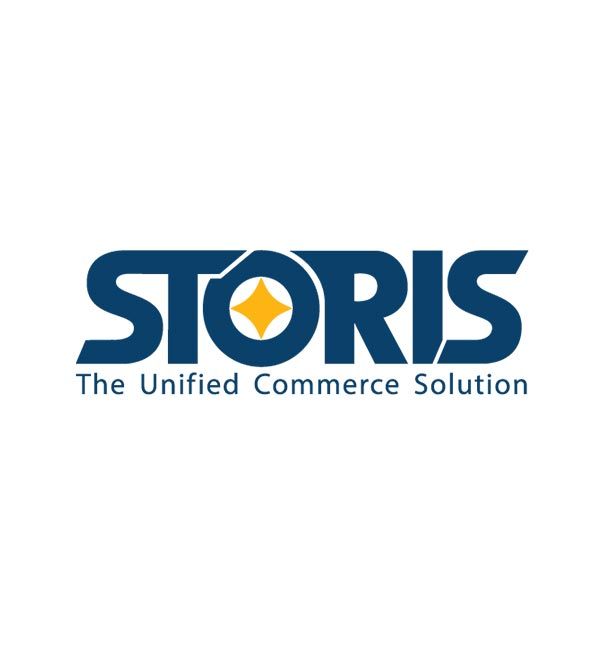In this booming economy, make sure you’re grounded by these 8 tips
We’re in the midst of good times, people. Not just the furniture industry, but almost every industry across the nation and Canada are enjoying a booming economy. Sure, there are pockets where the economy and individual companies haven’t fully recovered, but furniture isn’t one of them.
I’m reading Keith McFarland’s excellent book, The Breakthrough Company. It reminded me of a column I wrote more than a decade ago that I still believe holds true today.
Things that happen to us in this time of prosperity cause little chinks to appear in our armor. And eventually, we get into bad habits. And when the bad times return, we’re vulnerable. Who wants to be vulnerable? So, I want to talk about eight tips you can and should be taking right now in boom times, so you don’t make yourself vulnerable and weaker than necessary when the recession or the soft periods return.
In his book, McFarland talks about a CEO who said, “You need to be very apprehensive when times are too good.”
I thought that was a good sentiment. So, my first tip for surviving into the next soft period is be vigilant. Don’t be paranoid. If somebody goes out and has a $100 dinner instead of a $50 dinner, don’t freak out. Don’t be paranoid but be vigilant. Keep an eye on things. Keep your ear to the ground. Talk to your people.
Somebody asked me the other day about the open door; I mentioned in a blog that the idea of having an open-door policy in your office is stupid. There are times when you should close your door. You should close your door and put your head down and get your work done. And he said, “Well, what’s a good alternative to that? Because I do need to close my door sometimes.”
I told him about MBWA—management by walking around. By that I mean go out and talk to your sales people, your delivery people, the folks in the warehouse, and see what’s on their minds and where they’re experiencing problems. You’ll get a theme and a pattern based on doing that. Once you accumulate responses, you’ll start to see places in your business where you need a little more vigilance, or you need a little more fire power, or IT, or people. Or who knows what you need? The key is to be vigilant.
Here are the other seven tips you should take in boon times:
Benchmark your costs regularly
This is something we do in my peer group of peer group providers. We also do it with our peer group members. We do detailed benchmarking once a year for every single person and then compare them to each other. If we see those general and administrative costs creeping up, that’s not a good thing. I remember calling on a contractor years ago and pulling into the company’s parking lot. There was a Mercedes, Lexus, Jaguar, Volvo and BMW. These were their company cars.
This must be the most successful construction company on earth, I thought. Guess what? They’ve been out of business for 20 years now. They didn’t benchmark their costs. They really had no idea what they were spending. They were spending outrageously on general and administrative costs, which isn’t sustainable. I’m not asking you to be a penny-pincher but be vigilant and benchmark your costs.
Look at new opportunities deliberately
It’s easy to take on that new opportunity that puts you at 110-percent capacity when things are really good and you’re going at about 85- or 90-percent capacity. And then delivery times change, quality changes, you overstress your people because you can’t hire quality people fast enough. You see where I’m going with this.
Be deliberate when you’re looking at that next new opportunity. I’m not advocating for reflexively saying no all the time. Maybe you can take a new opportunity on if you get rid of an old line of business that you’re doing that’s not as fun, or profitable, or challenging as it used to be.
But go into these ventures with your eyes open. Don’t just take on a new task or line because you think you need to make hay while the sun shines.
Don’t forget the 80/20 rule
Eighty percent of your revenue comes from 20 of your clients, or 80 percent of the value in what you do comes from how you invest 20 percent of your time. Focus on the top 20 percent of your customers. Focus on your top employees. Focus on the things, the activities, the 20 percent of the activities that you do that add value in your company and in your life. If you want to take it to an extreme, you’ve got the 80/20 rule.
So, 20 percent of your activities produce 80 percent of your results. What if you really drilled down into that 20 percent? So, 20 of 20 percent is 4 percent. What if you could figure out a way to focus on that 4 percent of your time that really adds the most value to your store?
Think about how much time that would free up for family, for learning how to go fly an airplane, which is one of my long-term aspirations, for fitness, for travel with the family, for whatever it is. As you’re trying to figure out how you’re going to have that beautiful, wonderful life, focusing on how you spend your time is the best way to get there.
[Time is money, are you using yours effectively]
Coach from the top down
If you’re still the person who must make every little decision about everything, you’re trapped. You’ll never be able to leave your company. You’ll never be able to advance to a higher place in the organization. You’ll never be able to turn over the store to your son or daughter, or any other successor for that matter.
You have to start coaching. Stop doing so much and start teaching other people. Yeah, they’re going to make mistakes. They’re going to skin their knees. But if you don’t do that, you don’t educate your people on how to do the things that you currently do, or do the things that your 70-year-old CFO does, then where does that put you five years down the road?
Train your people
Coaching is a natural segue to the next step: Get your people the training they need and want to be the best in their jobs. I heard a story about a manufacturing company that bought new software. It was expensive—nearly $100,000.
The training for that software would have been an additional $20,000. They balked. They weren’t going to blow another $20,000. That was the dumbest thing I ever heard. How are you going to get the most out of your software if you’re not willing to invest in the training of the people that use the software? Get your people the training they need and the training they want, and especially your next generation leaders. Get them leadership training. Get them finance training so they can look forward and help you take the business to another level.
Love on your customers
If you as the senior executive are not loving on your customers enough, carve out some time and make that happen. You’d be surprised in today’s world how far you get from just writing a handwritten thank you note to somebody. It is an impactful thing in today’s world. The other thing that I’ve been surprised about is how people appreciate the little things. My company has been giving away golf shirts. In the past I’ve been giving clients my books and other stuff to people for years, and we barely got a ripple.
But send a few golf shirts out and they go nuts. Almost all of us have corporate logo wear. Why not share it with our customers, vendors and suppliers? You’d be shocked about how much people appreciate a good quality item like that.
Love on your employees
This might be the most important step of all. You’ve got some people that really make your business the success it is. Without them, you’d be in a pickle. Make sure you’re giving them all the TLC they want and deserve. Some of it is money, but a lot more of it is just recognition, participating in the high-level decisions of the business and those kinds of things. Put your arms around them and just make sure that you’re giving them all that they need and want.
I like to call it the platinum rule. Everybody’s heard of the Golden Rule. The platinum rule is, “Do unto others as they wish to be done unto.” If you can find a way to make the platinum rule an important piece of your business life, then you’ll be able to love on your customers and employees, and things will be great.
One of the most important things McFarland touches on in his book is company culture. “There’s no such thing as corporate culture,” McFarland writes. I disagree with that completely. But the way McFarland describes corporate culture made me think.
“There’s no such thing as corporate culture,” McFarland writes. “There is only how we treat each other.” McFarland never uses the word culture—just the word character. That’s what it’s all about. If you build the right character in your business now while times are good, and you remain vigilant, when those bad times return, you will not have sown the seeds of your own destruction. You will be a survivable and sustainable company.










